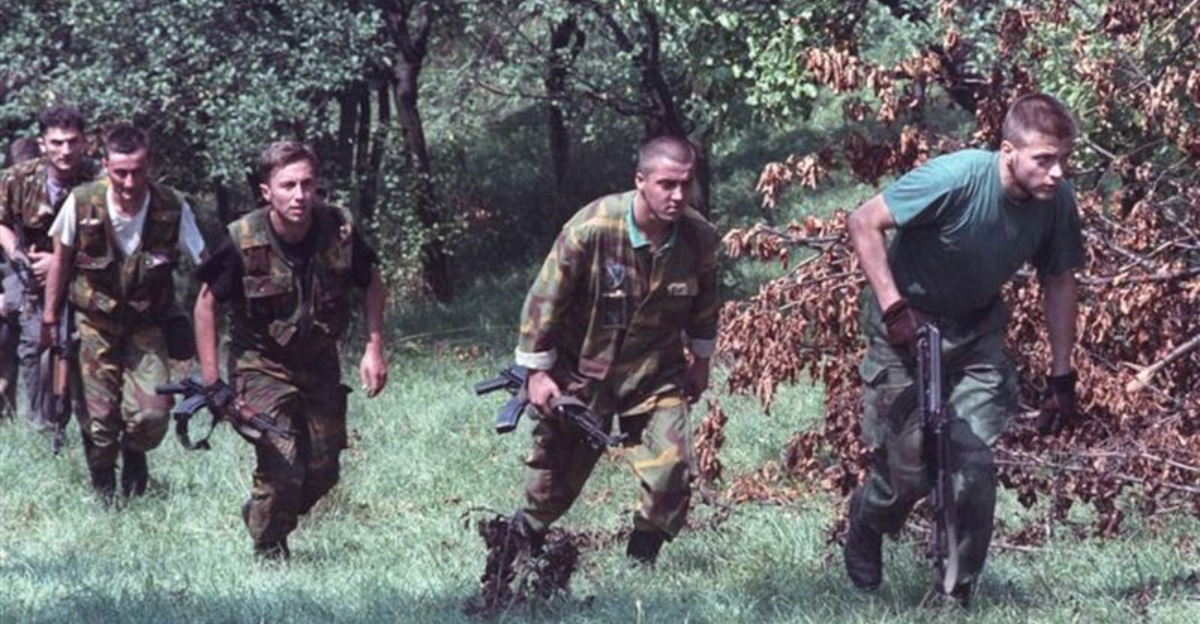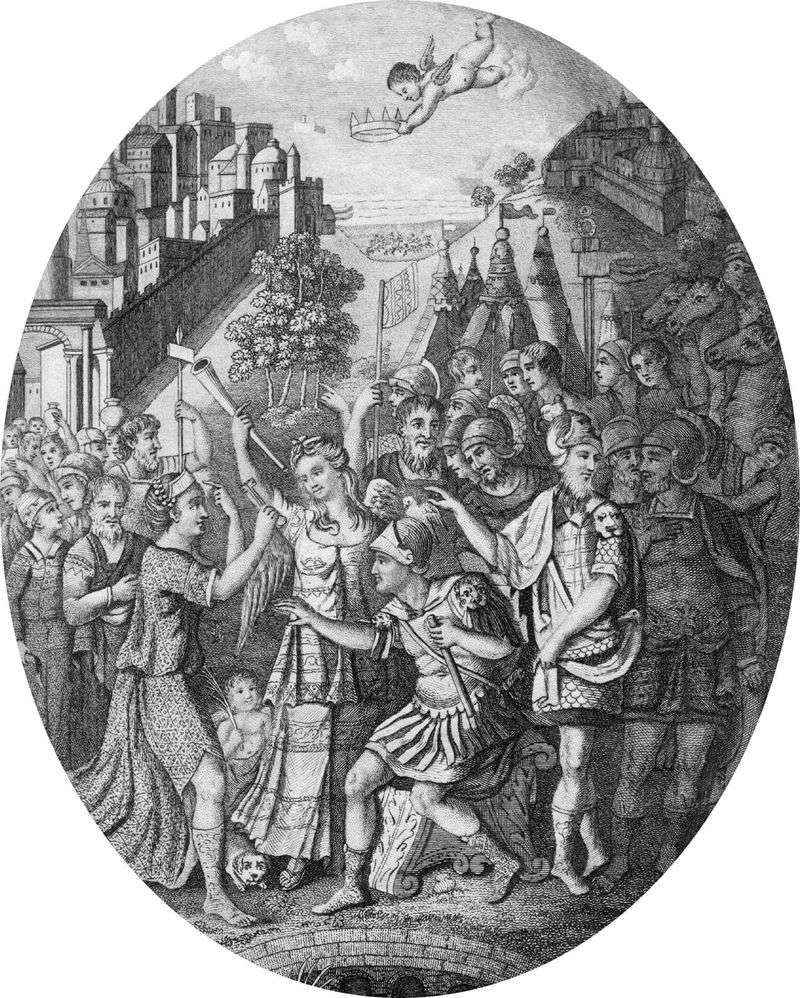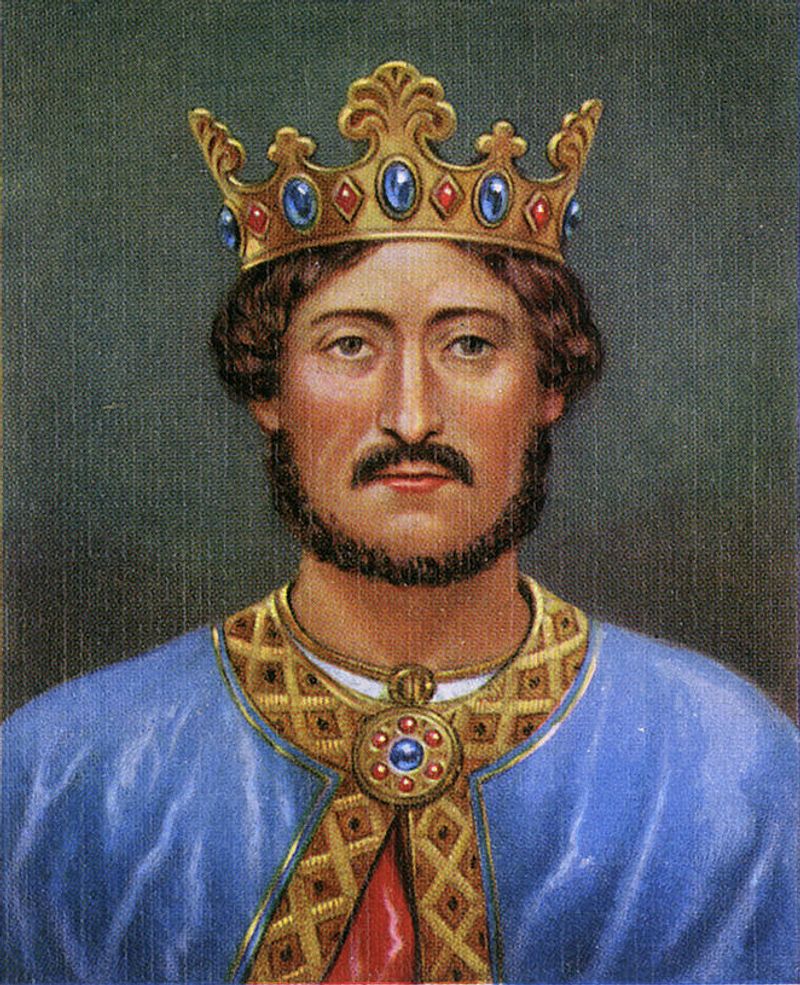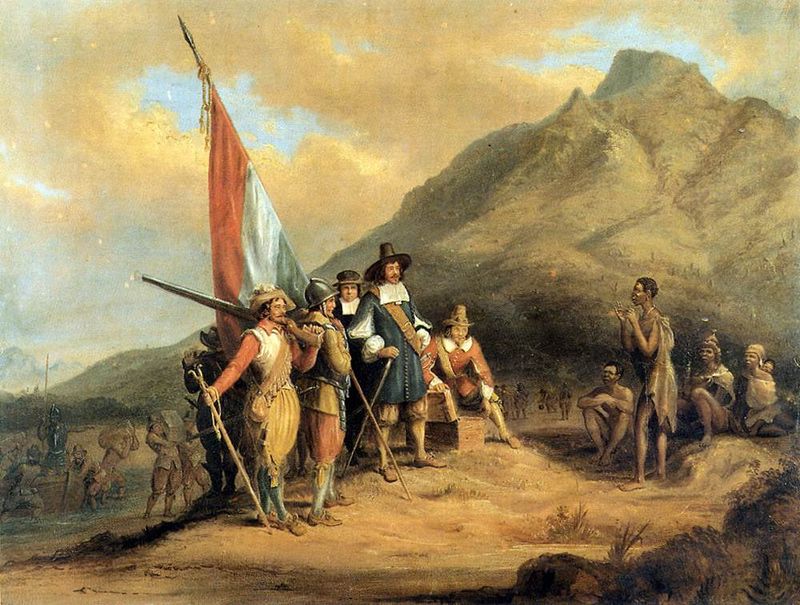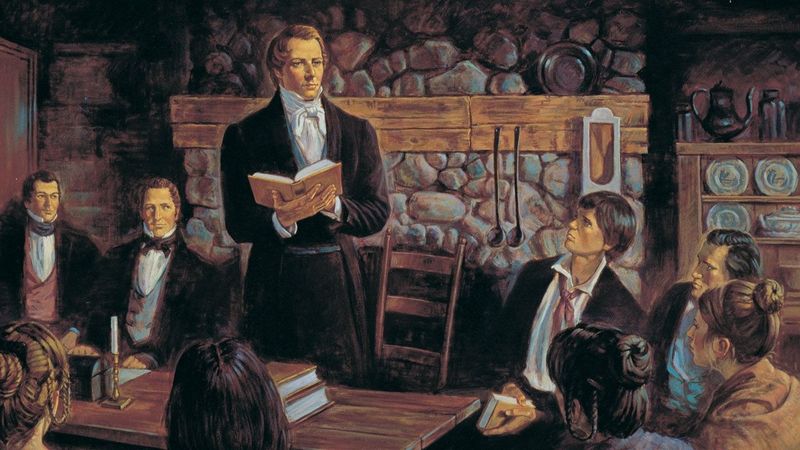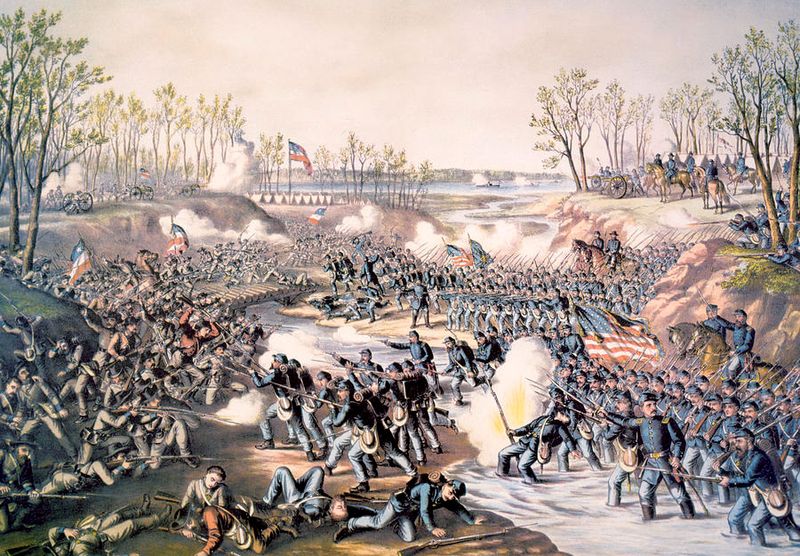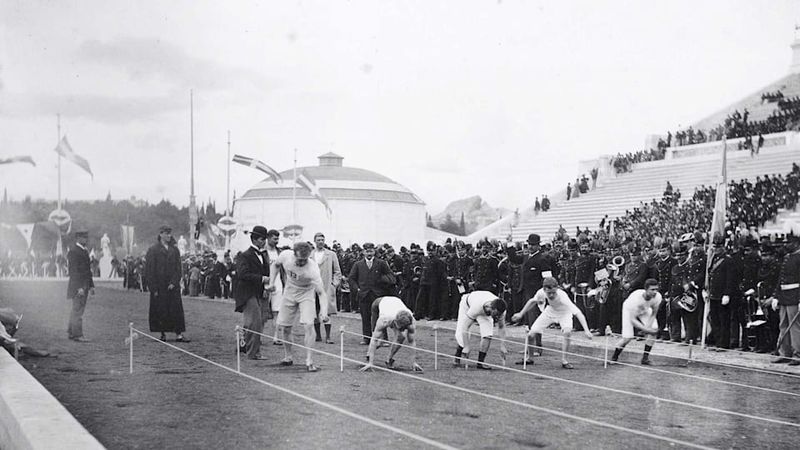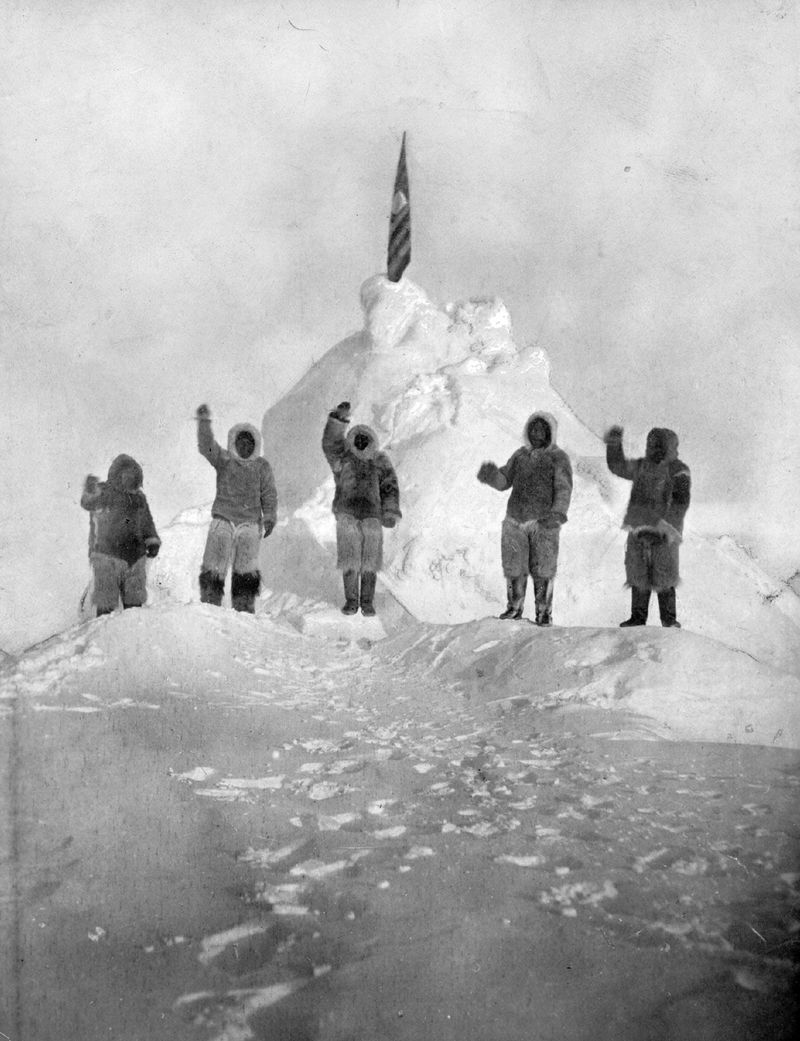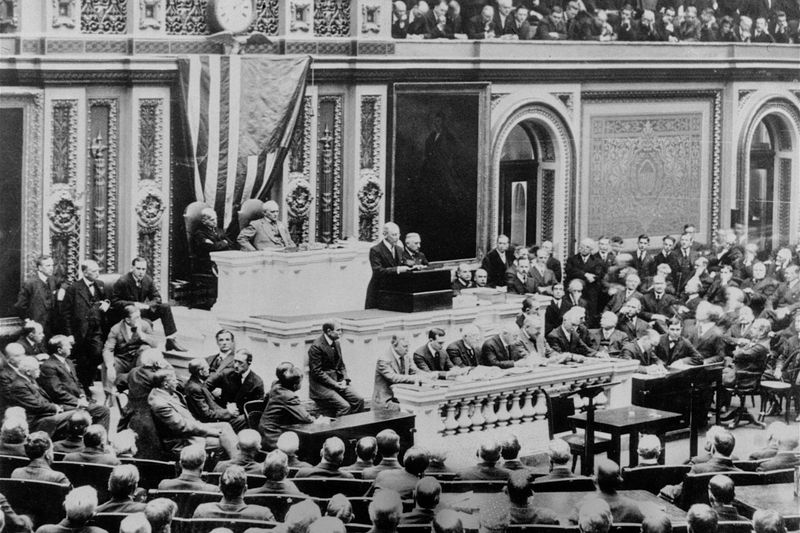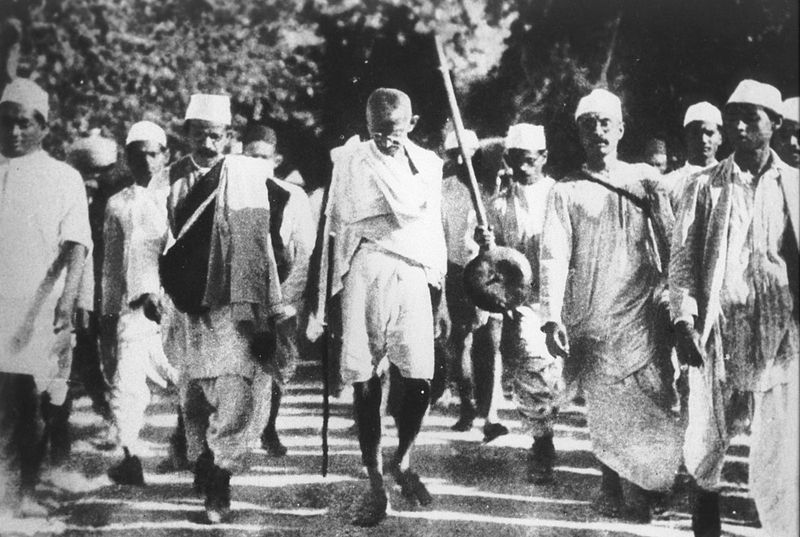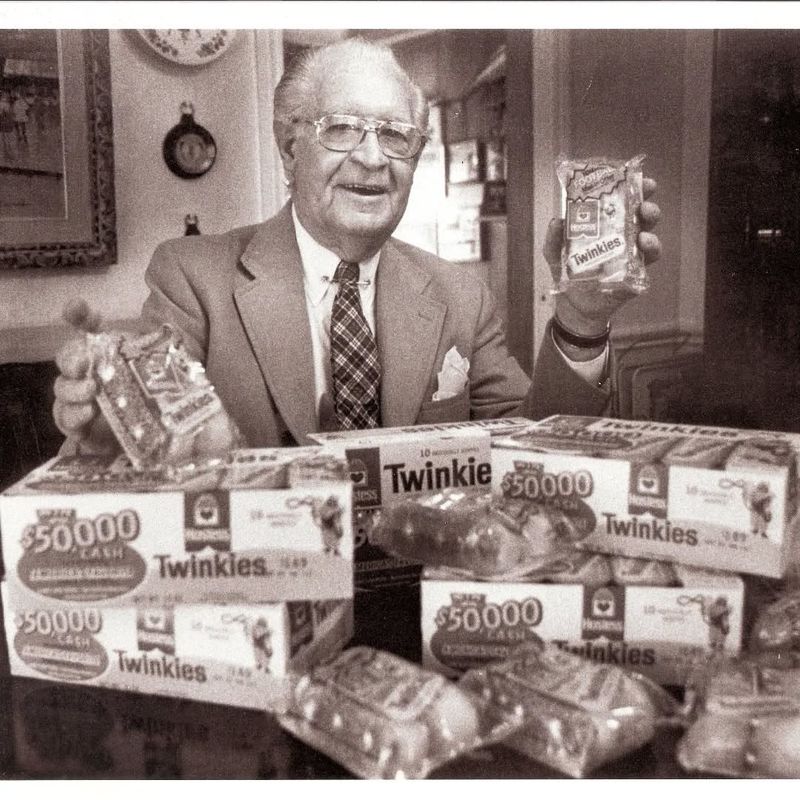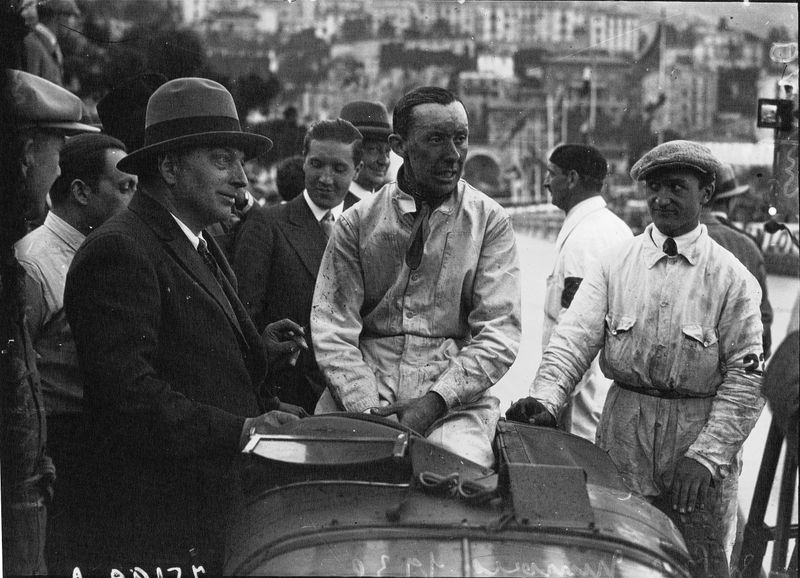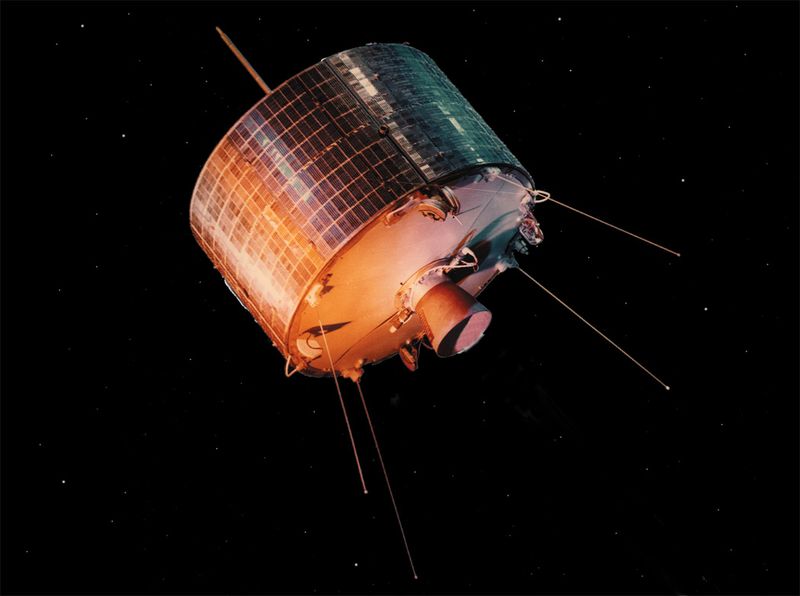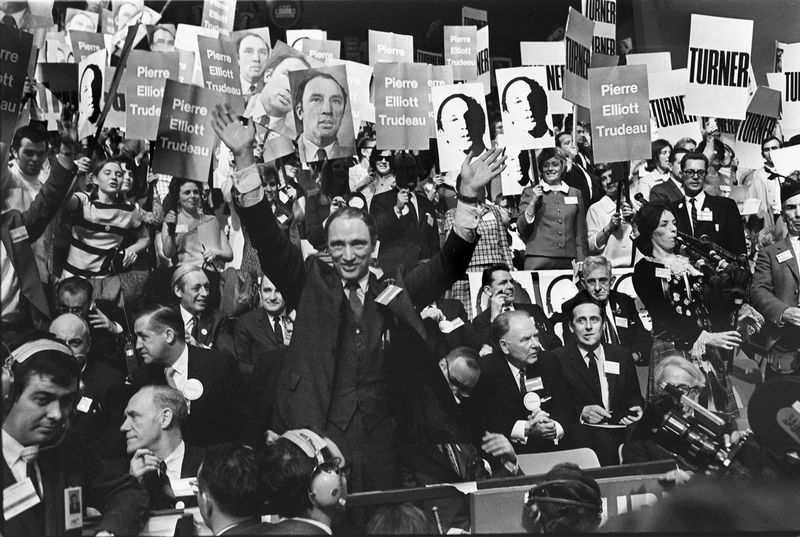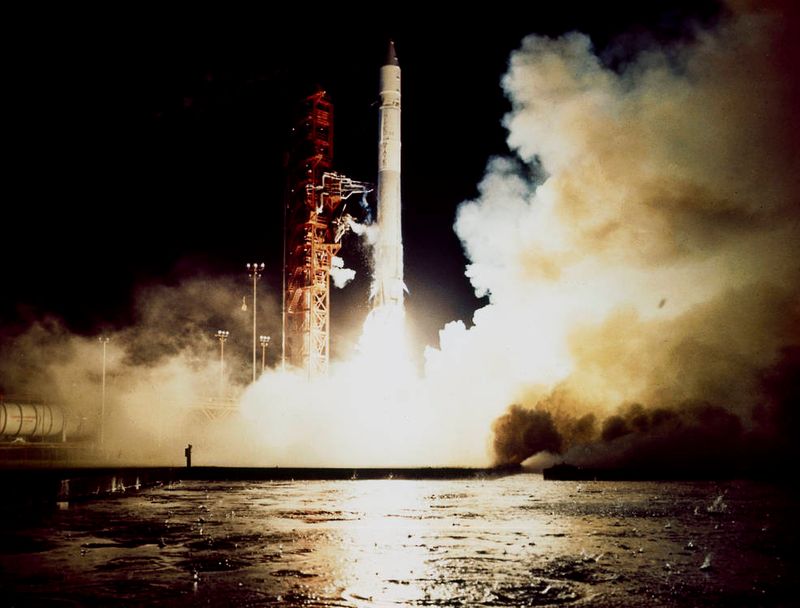April 6th has been a significant day in history, witnessing monumental battles, groundbreaking discoveries, and heartbreaking tragedies.
This blog post delves into 20 pivotal events that occurred on this day, spanning centuries and continents, from the ancient Roman Empire to modern-day breakthroughs.
Each event has left an indelible mark on history, shaping the world in profound ways.
1. 46 BC – Battle of Thapsus
In the sweltering heat of North Africa, Julius Caesar’s forces clashed with those of Scipio and Cato in the Battle of Thapsus on April 6, 46 BC. Caesar, a master tactician, led his legions to a decisive victory, showcasing his remarkable military prowess.
The conflict was a turning point in the Roman civil wars, solidifying Caesar’s power and paving the way for the end of the Roman Republic.
The battlefield echoed with the clash of swords and the cries of soldiers, marking a significant shift in Roman history. This victory was both strategic and symbolic, altering Rome’s future.
2. 1199 – Death of Richard the Lionheart
King Richard I of England, known as Richard the Lionheart, succumbed to his wounds on April 6, 1199. After a valiant life filled with battles and crusades, he met his end due to an infection from a crossbow bolt.
Richard was a celebrated warrior king, revered for his bravery and leadership. His death marked the end of an era, leaving England in a delicate political state.
The air was thick with sorrow as his loyal followers gathered to bid farewell to their lionhearted king. Richard’s legacy, however, continued to inspire for generations.
3. 1652 – Cape Colony Founded
April 6, 1652, marks the founding of the Cape Colony by the Dutch East India Company, establishing the first European settlement in South Africa.
Led by Jan van Riebeeck, the settlers arrived at the Cape of Good Hope, envisioning it as a strategic refreshment station for passing ships.
This day laid the groundwork for European colonization in Africa, influencing the region’s cultural and political landscape.
The settlers’ dreams were painted against the rugged beauty of Table Mountain, a symbol of new beginnings and challenges. This event is a cornerstone in South Africa’s colonial history.
4. 1830 – Church of Christ Founded
On a quiet spring day, April 6, 1830, Joseph Smith formally organized the Church of Christ, marking the birth of the Latter-day Saint movement. This foundational event took place in Fayette, New York, with a humble gathering of believers.
Smith’s vision of a restored church resonated deeply, sparking a religious movement that would spread worldwide. The early congregation, filled with hope and faith, listened intently as Smith shared his revelations.
This moment was not just the start of a church but the beginning of a spiritual journey for many. It was a day of faith and new horizons.
5. 1862 – Battle of Shiloh Begins
The early hours of April 6, 1862, witnessed the surprise attack by Confederate forces under General Johnston at Shiloh, Tennessee. The battle, fierce and chaotic, marked one of the bloodiest encounters of the American Civil War.
Union troops, led by General Ulysses S. Grant, were caught off guard but managed to regroup and fight back over two brutal days.
The sounds of war echoed through the dense forests, underscoring the grim reality of the conflict. This battle was a pivotal moment, illustrating the war’s brutal nature and high stakes.
6. 1896 – First Modern Olympic Games
April 6, 1896, marked a historic revival of the Olympic Games in Athens, Greece, breathing life into an ancient tradition. Athletes from 14 countries gathered to compete in the first modern Olympics, showcasing their skills in various disciplines.
The event was a testament to the spirit of international camaraderie and competition. The stadium buzzed with excitement as spectators witnessed a new chapter in sports history unfold.
This renaissance of the Olympic spirit symbolized unity and the timeless appeal of athletic excellence.
7. 1909 – Peary Claims North Pole
On April 6, 1909, explorer Robert Peary claimed to have reached the geographic North Pole, a feat that was both celebrated and contested.
Peary’s journey through the treacherous Arctic was fraught with challenges, yet his determination led him to what he believed was the top of the world. The icy expanse stretched endlessly, a testament to human endurance and ambition.
Although debates about the accuracy of his claim persist, Peary’s expedition remains a significant milestone in the annals of exploration. It was a moment of triumph and controversy.
8. 1917 – U.S. Enters World War I
April 6, 1917, marked the day when the United States declared war on Germany, entering World War I. President Woodrow Wilson’s call to arms was a pivotal moment, as America joined the Allied forces in a bid to restore peace and democracy.
The decision came after intense deliberation and was driven by Germany’s unrestricted submarine warfare.
Wilson addressed Congress with a sense of urgency and resolve, underscoring the gravity of the situation. America’s entry into the war tipped the scales, altering the course of history and the war’s outcome.
9. 1930 – Gandhi Ends Salt March
On April 6, 1930, Mahatma Gandhi concluded his historic Salt March, a peaceful protest against the British salt monopoly in India. This 240-mile journey from Sabarmati to Dandi became a symbol of nonviolent resistance and civil disobedience.
Gandhi, with his simple demeanor and unwavering spirit, inspired millions to stand up for their rights. As he reached the Arabian Sea and picked up a handful of salt, it was a moment of defiance and hope.
The march galvanized the Indian independence movement, showcasing the power of peaceful protest.
10. 1930 – Twinkie Invented
April 6, 1930, saw the birth of a snack cake legend—the Twinkie. James Dewar, a baker in Illinois, created this cream-filled delight, aiming to utilize shortcake pans during off-seasons.
Little did he know that his invention would become a cultural icon, beloved by generations. The Twinkie’s golden sponge and creamy filling were a culinary revelation, capturing the taste buds of many.
Dewar’s ingenuity in a humble kitchen led to a snack that transcended time, becoming a symbol of American indulgence and nostalgia.
11. 1930 – Monaco Grand Prix Won by Dreyfus
In the thrilling Monaco Grand Prix of April 6, 1930, René Dreyfus emerged victorious, etching his name into racing history. The narrow streets of Monaco, with their picturesque views and challenging turns, tested the mettle of every driver.
, with his keen instincts and daring maneuvers, navigated the course with precision, capturing the admiration of spectators.
The roar of engines and the sight of vintage race cars created an electrifying atmosphere. This victory was a testament to skill and passion, forever linking Dreyfus to the legacy of Monaco’s famed race.
12. 1930 – Soviet Red Star Medal Established
The Soviet Union introduced the Red Star Medal on April 6, 1930, a decoration honoring military valor and excellence. This prestigious award recognized the bravery and dedication of Soviet soldiers, becoming a symbol of heroism in the USSR.
The medal’s distinctive design featured a red star, embodying the spirit of Soviet patriotism. Award ceremonies were solemn occasions, reflecting the deep respect for those who served.
The Red Star Medal became an enduring emblem of courage, celebrated with pride across the Soviet Union.
13. 1965 – First Commercial Comms Satellite
On April 6, 1965, the Intelsat I, known as Early Bird, became the first commercial communications satellite launched into geosynchronous orbit.
This technological marvel revolutionized global communications, enabling live broadcasts and connecting continents.
The satellite’s successful deployment heralded a new era of information exchange, shrinking the world and fostering international connectivity.
The launch was a landmark event, showcasing the potential of space technology to bridge vast distances. Early Bird’s journey marked the dawn of the satellite communications age, transforming how we share and receive information.
14. 1968 – Richmond Gas Explosion
April 6, 1968, was a tragic day for Richmond, Indiana, as a devastating gas explosion rocked the town. The blast, caused by a gas leak, claimed 41 lives and injured over 100 people, leaving a scar on the community.
Buildings crumbled, and the streets were filled with chaos and destruction. The heroic efforts of emergency responders were a beacon of hope amidst the tragedy, as they worked tirelessly to save lives and provide aid.
This disaster highlighted the importance of safety measures and the resilience of a community in the face of adversity.
15. 1968 – Trudeau Becomes Liberal Leader
On April 6, 1968, Pierre Trudeau was elected leader of Canada’s Liberal Party, marking the beginning of a transformative era in Canadian politics. Trudeau’s charisma and progressive vision resonated with the public, earning him widespread support.
His leadership style, often described as bold and innovative, ushered in a period of significant social and political change. The energy at his rallies was palpable, with supporters eager to embrace a new direction for Canada.
Trudeau’s rise to power was a pivotal moment, shaping the nation’s future and leaving a lasting legacy.
16. 1973 – Pioneer 11 Launched
April 6, 1973, marked the launch of Pioneer 11, a NASA space probe destined to explore the outer planets. This ambitious mission aimed to expand our understanding of the solar system, venturing beyond Mars and Jupiter.
Pioneer 11’s journey through the cosmos was a testament to human curiosity and technological innovation. The launch was a thrilling spectacle, as the rocket ascended into the night sky, embarking on its voyage of discovery.
This mission paved the way for future space exploration, inspiring generations to look beyond our world.
17. 1992- The Bosnian War
The Bosnian War erupted on April 6, 1992, igniting a violent conflict in Bosnia and Herzegovina. This brutal war, marked by ethnic tensions and atrocities, lasted until 1995, leaving deep scars on the region.
The landscape was transformed by destruction, as communities were caught in the crossfire. The human cost was immense, with countless lives lost and families torn apart.
Amidst the chaos, stories of resilience and survival emerged, highlighting both the horror and humanity of war. This conflict remains a poignant reminder of the complexities of ethnic and national identities.
18. 1994 – Rwandan Genocide Begins
April 6, 1994, marked the beginning of the Rwandan Genocide, a tragic chapter in history. The assassination of the Rwandan and Burundian presidents triggered a wave of violence, resulting in the systematic killing of Tutsis and moderate Hutus.
The world watched in horror as the genocide unfolded, with international response criticized for its inadequacy. The streets were filled with fear, and the cries of the innocent echoed in the air.
This genocide exposed the depths of human cruelty and the urgent need for intervention to prevent future atrocities.
19. 2012 – Tulsa Race Shootings
On April 6, 2012, Tulsa, Oklahoma, was shaken by racially motivated shootings that left three dead and two injured. This violent act highlighted ongoing racial tensions and sparked discussions on race relations in America.
The community was left reeling, grappling with grief and anger as authorities investigated the crime. The shootings served as a stark reminder of the persistent challenges in achieving racial harmony and justice.
Efforts to heal and bridge divides emerged in the aftermath, reflecting the resilience of a community determined to move forward.
20. 2016 – Baby Born with Three Parents’ DNA
April 6, 2016, saw a groundbreaking medical achievement with the birth of a baby carrying DNA from three parents. Through mitochondrial transfer, scientists successfully prevented inherited diseases, marking a new era in genetic engineering.
The laboratory buzzed with excitement as this medical milestone unfolded, offering hope to families facing genetic disorders. This scientific breakthrough raised ethical questions and sparked debates on the future of genetic manipulation.
The child’s birth represented a fusion of hope and innovation, pushing the boundaries of what science can achieve for humanity.
